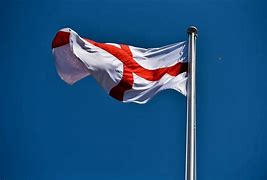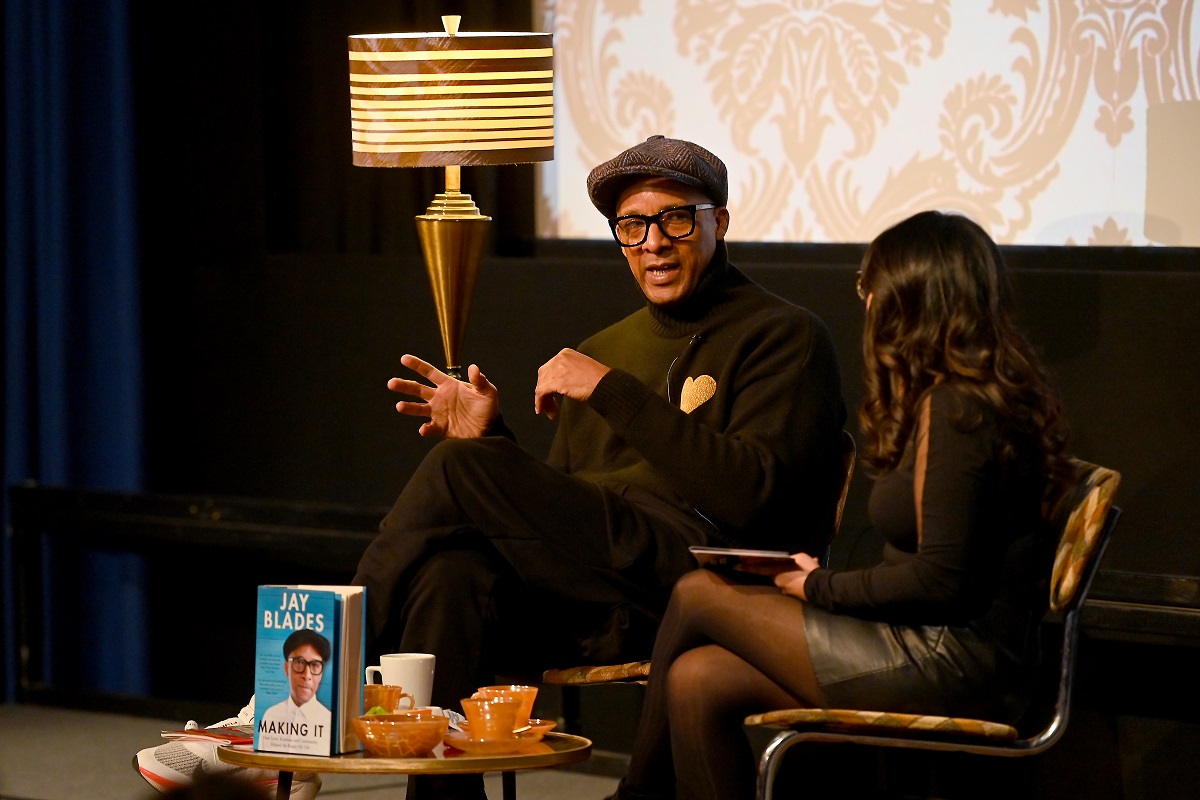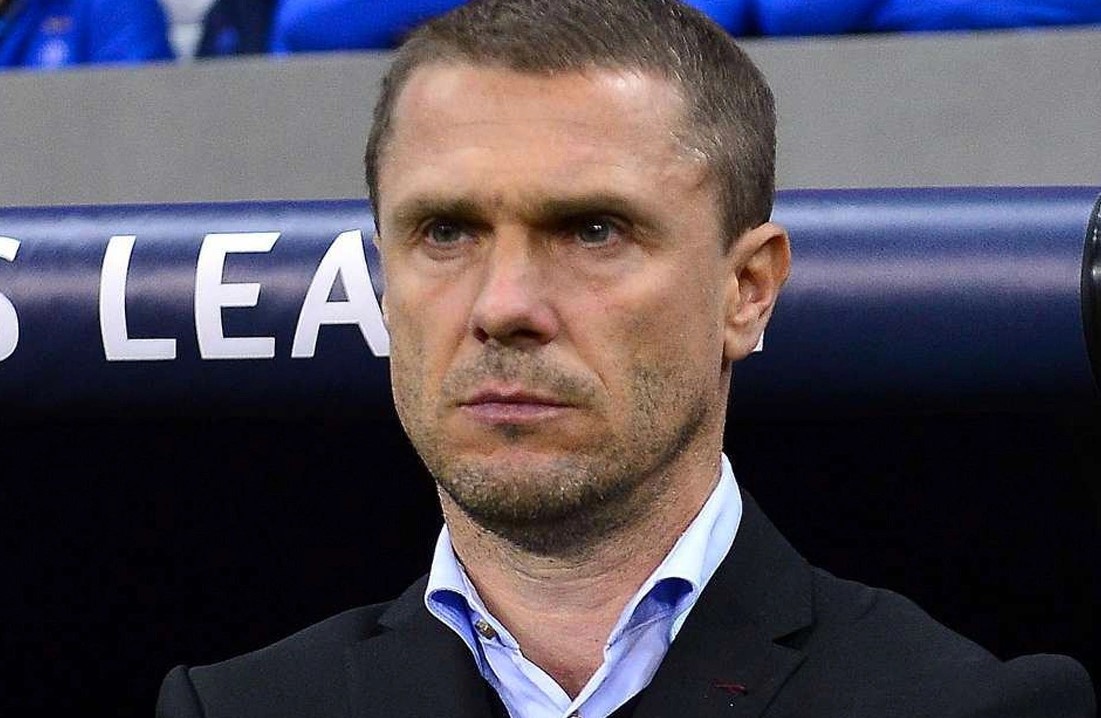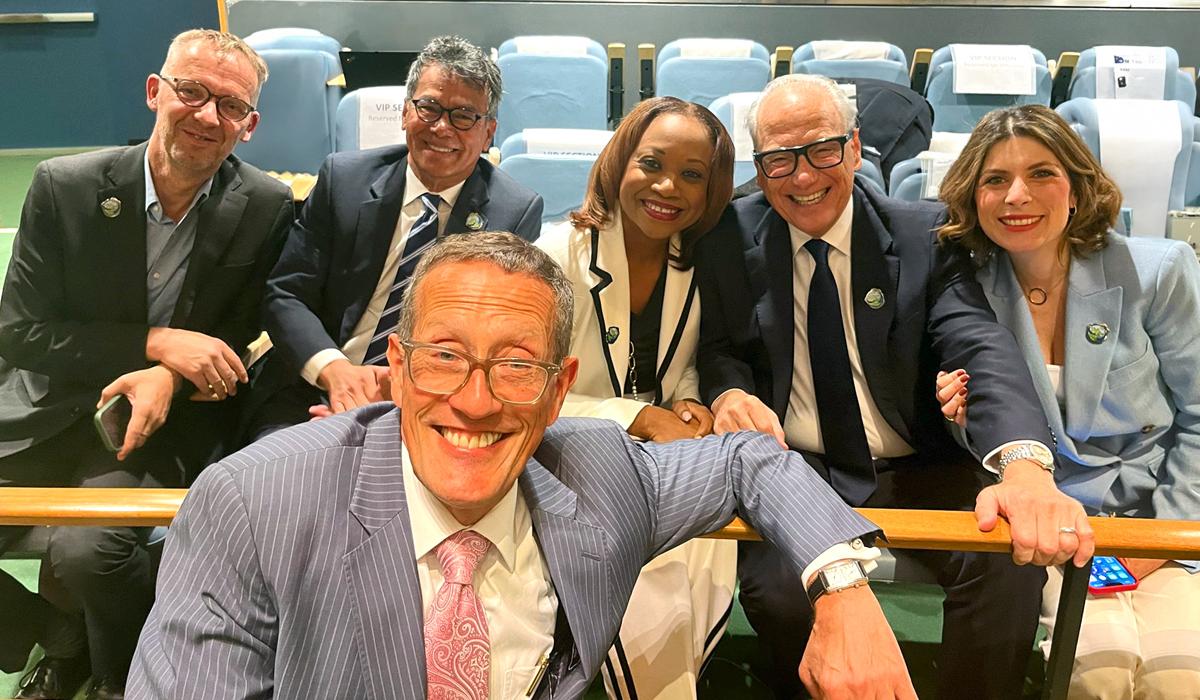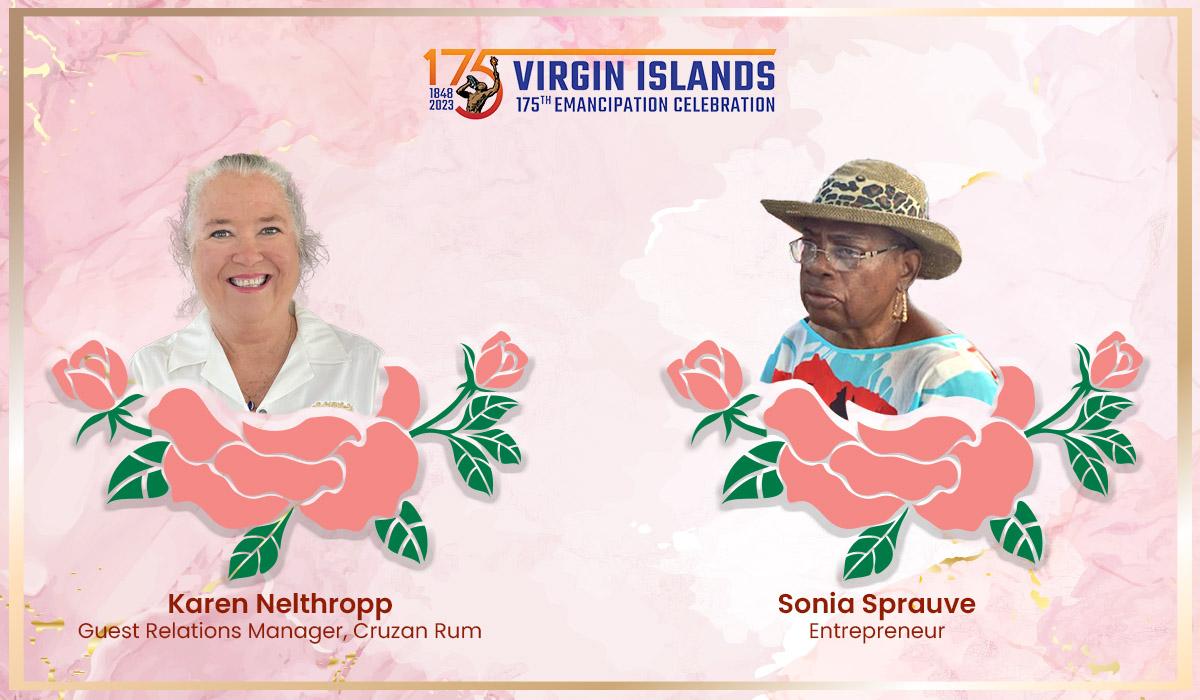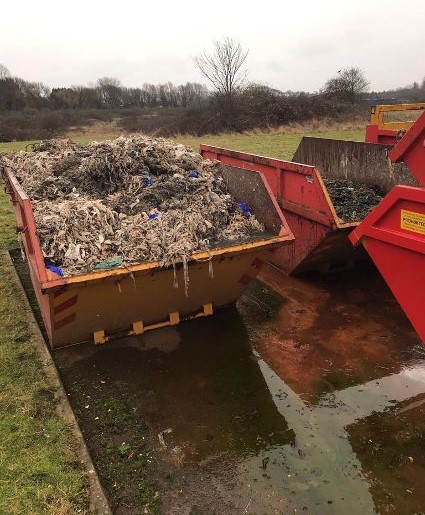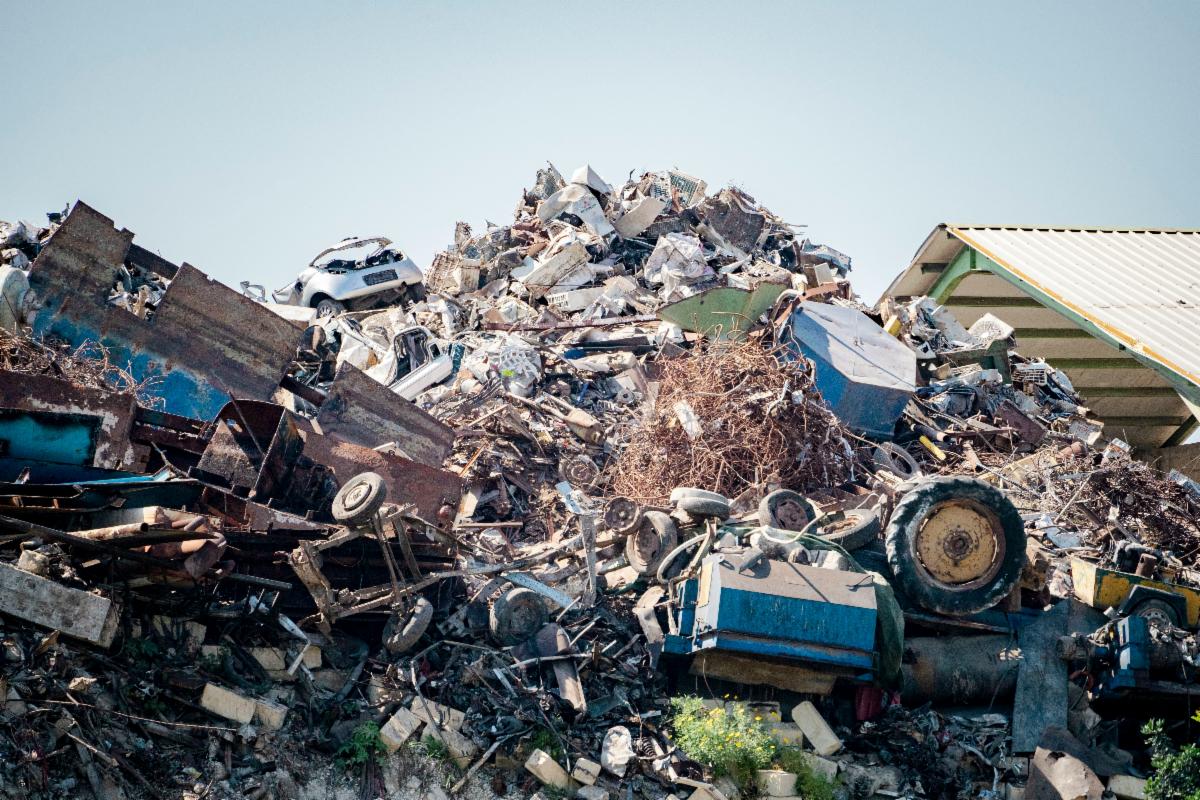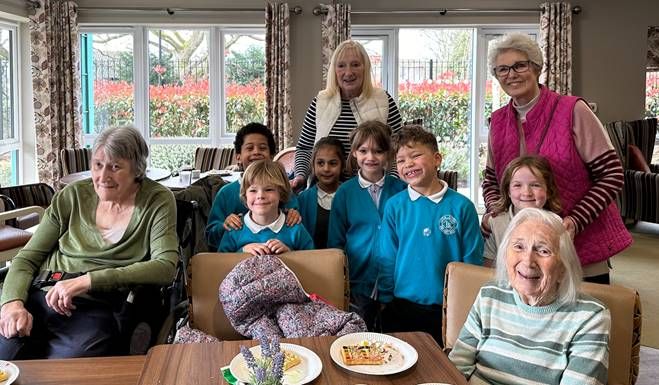This year’s City of Wolverhampton Literature Festival drew crowds of more than 1,600 to the city. A total of 40 events took place across eight venues during the three-day festival, (open to Sunday, February 6).
Events included children’s storytelling, educational workshops, theatre and performance, literature, poetry reading, music and art talks. Further events associated with the literature festival will be taking place throughout 2022 and for more information about how to get involved in the 2023 festival please visit the contact us page at www.wolveslitfest.co.uk
Councillor Stephen Simkins, City of Wolverhampton Council Deputy Leader and Cabinet Member for City Economy, said: “The festival has been a huge success with a range of events for everyone to get involved in.
“It is a great asset to the city and brings acts and visitors from far and wide. It was great to get back to live events after last year’s festival moved online as a result of the pandemic.
“The festival provided tremendous variety, with people of all ages participating. The feedback has been very positive, and thanks to Arts Council England funding we can now look forward to next year’s festival.”
Headline acts at the 2022 festival included BBC One’s The Repair Shop star Jay Blades, music journalist Pete Paphides, local author Joanna Toye, and world-renowned evolutionary biologist and bestselling author, Richard Dawkins. The events kicked off with the Wolverhampton Poet Laureate handover from Emma Purshouse to Kuli Kohli, at Wolverhampton Art Gallery.
There were also ‘in conversation’ events with comedians Phil Wang and Miles Jupp, at Bilston Town Hall, and Robin Ince, at Wolverhampton Art Gallery. The festival also included an online programme for bookworms to enjoy from the comfort of their own home, as well as ticketed, free and donation-only events.
As part of the University of Wolverhampton’s Big Book Review, writer, Dr Lisa Blower (University of Wolverhampton, Common People Collective), and Belfast-based novelist, Jan Carson (The Fire Starters), explored the relationship between writing and place, regional identity, and the way both writers explore these questions in their fiction.



